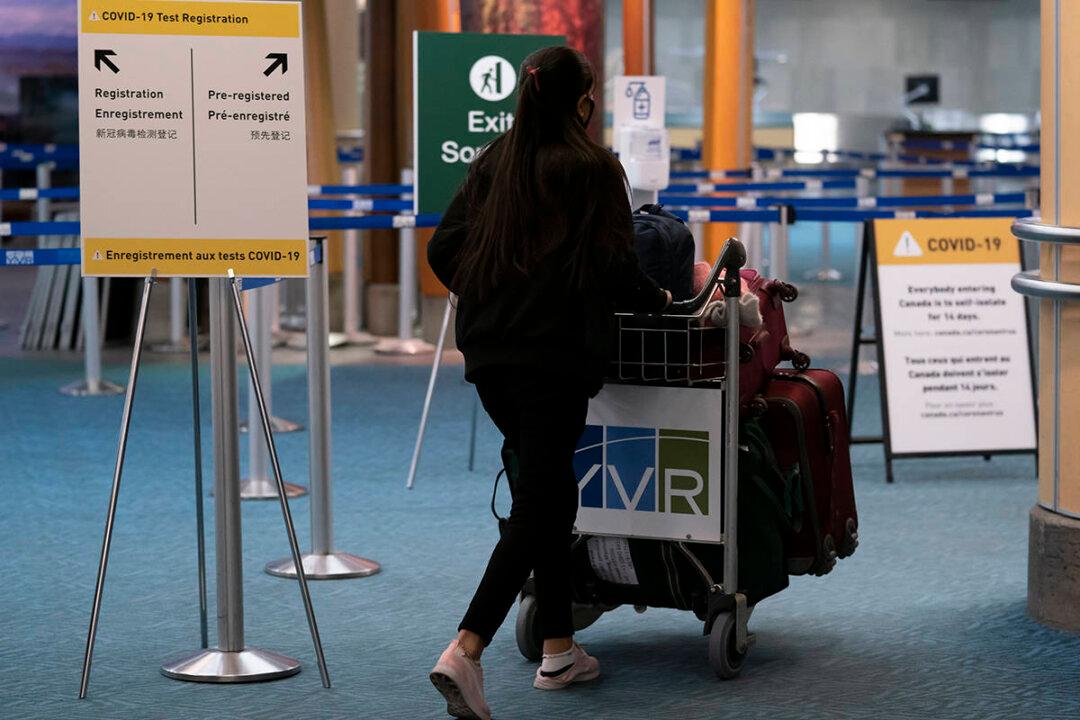The federal government made a conscious and well-thought-out decision to impose a strict travel vaccination mandate that wouldn’t allow compassionate exemptions, court documents reveal.
The documents obtained recently by The Epoch Times relate to four lawsuits challenging the mandate that have shed some light on the thinking that led to a policy that aimed to have a “strong” and “world-leading” mandate.





